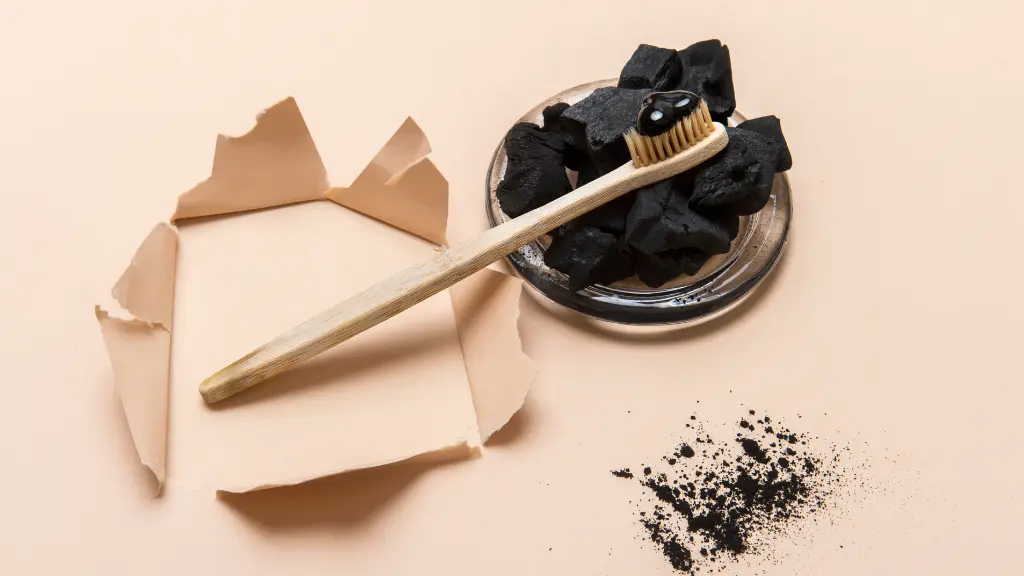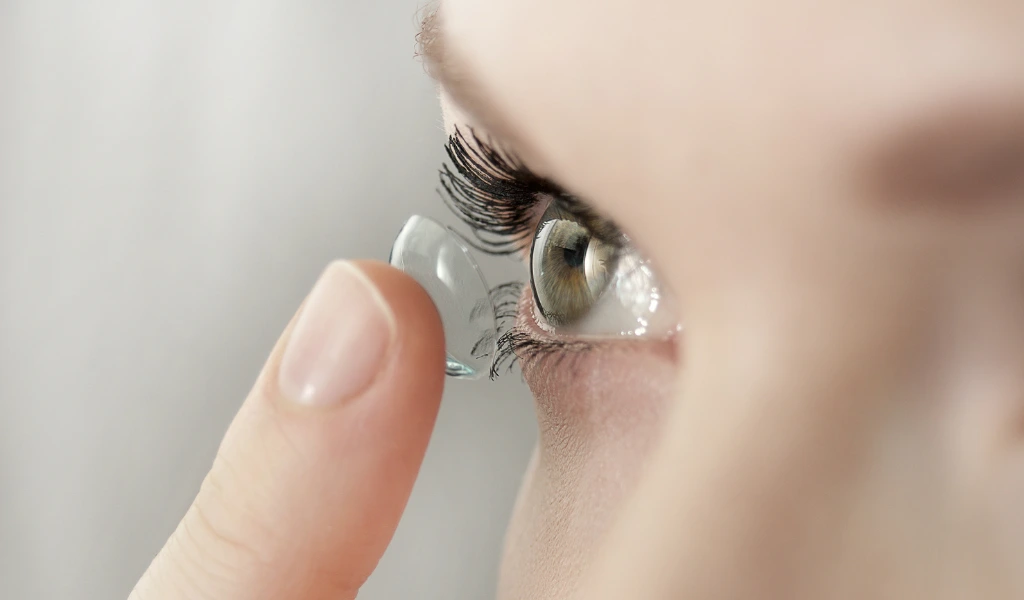Charcoal toothpaste has become a popular trend in the world of dental care, with many claiming it helps whiten teeth and remove stains. Activated charcoal, a substance made from carbon-rich materials, has been used for various health purposes. It’s now being marketed as a natural, effective solution for improving oral hygiene.
But is charcoal toothpaste really safe for your teeth? Let’s take a closer look at the potential benefits and risks of using charcoal toothpaste.
You May Also Like: Celiac Disease Myths Busted: What You Need to Know
What is Charcoal Toothpaste?
Charcoal toothpaste typically contains activated charcoal, which is processed to make it highly porous. This allows the charcoal to absorb toxins, stains, and impurities. In toothpaste, the charcoal is said to work by absorbing surface stains on teeth, making them appear whiter. It is often promoted as a more natural and eco-friendly alternative to traditional whitening toothpaste.
Charcoal toothpaste may come in several forms, including powders and pastes. The charcoal used in these products is usually derived from coconut shells, bamboo, or other natural substances.
The Potential Benefits of Charcoal Toothpaste
- Whitening Teeth: Charcoal toothpaste is commonly used as a teeth-whitening agent. Proponents claim that the activated charcoal can help remove surface stains caused by food, drinks, and smoking. Its abrasive texture can physically scrub away surface debris on the teeth.
- Absorbing Toxins and Impurities: Activated charcoal is often used in medicine to absorb toxins, and it is thought to have the same effect in oral care. Some believe that charcoal toothpaste can help remove toxins from the mouth, freshen breath, and detoxify the gums.
- Natural Option: Many people turn to charcoal toothpaste because it is often marketed as a more natural alternative to conventional toothpaste, which may contain artificial chemicals and fluoride. Those looking for a more “green” option may be attracted to this.
- Freshening Breath: Some users report that charcoal toothpaste helps freshen their breath by absorbing odor-causing bacteria and particles in the mouth.
The Risks of Using Charcoal Toothpaste
While charcoal toothpaste may have its benefits, it’s important to be aware of the risks associated with its use. Here are some potential downsides to consider:
- Enamel Erosion: One of the main concerns with charcoal toothpaste is that it can be too abrasive. While it might remove stains, it can also wear down tooth enamel. Enamel is the hard, protective outer layer of your teeth, and once it is damaged, it doesn’t regenerate. If you use charcoal toothpaste too frequently or apply too much pressure when brushing, it could lead to enamel erosion, increasing your risk of tooth sensitivity and cavities.
- Potential for Gum Irritation: The abrasive nature of charcoal can irritate the gums if used incorrectly. Charcoal particles might get trapped in the gums, leading to inflammation, soreness, or even bleeding in some cases.
- Lack of Fluoride: Many charcoal toothpastes don’t contain fluoride, which is a key ingredient in traditional toothpaste. Fluoride helps to prevent tooth decay by strengthening tooth enamel. Without it, using charcoal toothpaste exclusively could leave your teeth more susceptible to cavities over time.
- Staining: Charcoal toothpaste can leave a black residue on your toothbrush or sink, which can be difficult to remove. If not thoroughly rinsed, the charcoal can also stain dental appliances like retainers or mouthguards. This staining is mostly a cosmetic issue, but it could be inconvenient.
- Long-Term Safety Uncertainty: There isn’t enough long-term research to fully understand the impact of using charcoal toothpaste. While the short-term whitening effects may be appealing, the long-term effects on oral health—especially enamel integrity—are still unclear. This uncertainty means that you should use charcoal toothpaste cautiously and in moderation.
How to Safely Use Charcoal Toothpaste
If you decide to try charcoal toothpaste, it’s essential to use it correctly to minimize the risks. Here are a few tips for using charcoal toothpaste safely:
- Use in Moderation: Don’t rely on charcoal toothpaste as your everyday toothpaste. Use it occasionally, such as once or twice a week, to avoid overuse and protect your enamel. For daily brushing, stick to a fluoride toothpaste that provides essential protection against tooth decay.
- Gentle Brushing: Be gentle when brushing with charcoal toothpaste. Apply light pressure to avoid damaging your gums and enamel. Brushing too hard can increase the risk of erosion and irritation.
- Rinse Thoroughly: After using charcoal toothpaste, rinse your mouth thoroughly to remove any leftover charcoal particles. This helps prevent staining of your teeth, gums, or other dental appliances.
- Consult Your Dentist: Before using charcoal toothpaste regularly, consult your dentist to ensure it is appropriate for your specific oral health needs. Your dentist can provide guidance on whether charcoal toothpaste is right for you and suggest other alternatives if necessary.
Alternatives to Charcoal Toothpaste
If you’re concerned about the potential risks of charcoal toothpaste, there are several alternatives that can help you maintain healthy, white teeth:
- Fluoride Toothpaste: Fluoride toothpaste is the gold standard for oral health. It helps strengthen enamel and protect against cavities. Many fluoride toothpastes also offer whitening effects without the abrasive nature of charcoal.
- Whitening Toothpastes with Low Abrasiveness: There are whitening toothpastes available that contain gentle abrasives that help remove stains without damaging enamel. Look for ones that are specifically designed for sensitive teeth if you are concerned about enamel erosion.
- Natural Whitening Products: Many natural whitening products are available that are gentle on the teeth while helping to remove surface stains. These products often contain ingredients like baking soda, activated charcoal (in lower concentrations), or hydrogen peroxide.
Conclusion
Charcoal toothpaste has gained popularity for its potential to whiten teeth and freshen breath. However, it comes with risks, especially when used too frequently. The abrasive nature of charcoal can cause enamel erosion, gum irritation, and long-term dental issues if not used properly. If you’re interested in trying charcoal toothpaste, make sure to use it in moderation and consult with your dentist beforehand.
For most people, the safest approach to maintaining good oral health is to stick to fluoride toothpaste and follow a regular dental care routine that includes proper brushing, flossing, and regular visits to the dentist. If you want whiter teeth, consider using gentle whitening alternatives that don’t pose a risk to your enamel.












[…] You May Also Like: Is Charcoal Toothpaste Safe for My Teeth? Here’s What You Need to Know […]